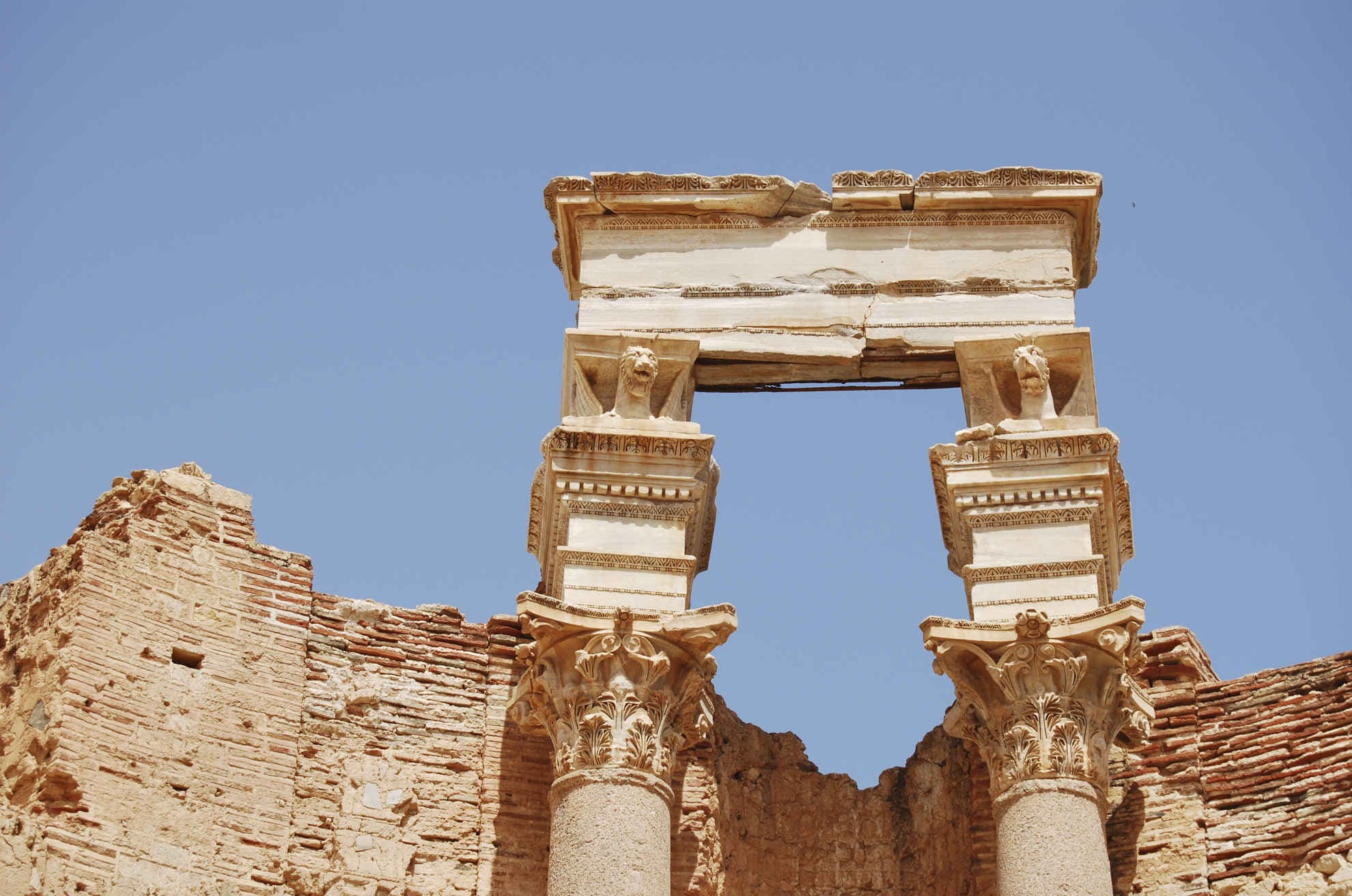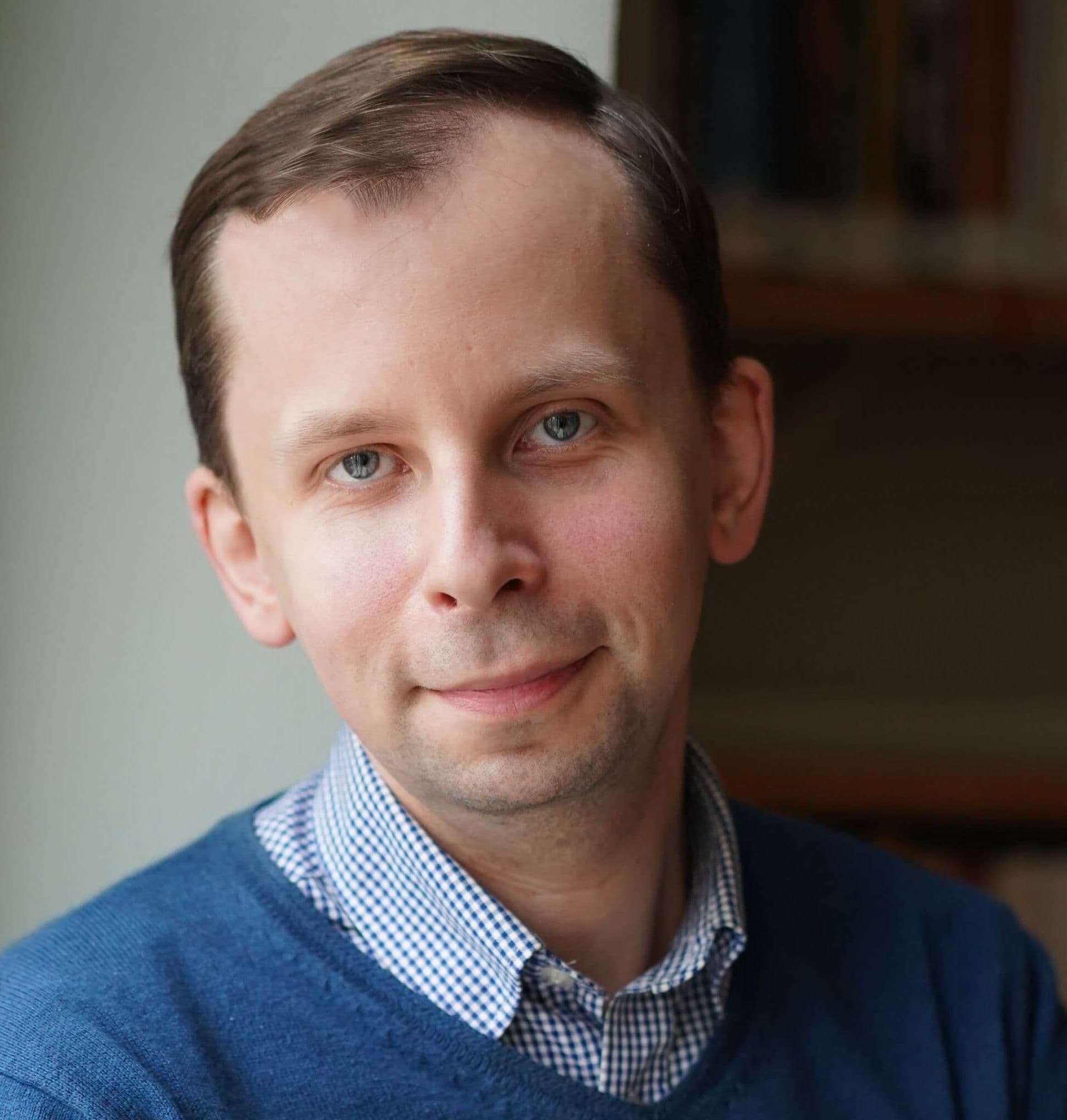
dr Paweł Nowakowski – Principal Investigator
Pawel is a historian and epigraphist of the late antique period. His research interests have been so far focused on the use of inscriptions as an instrument of the cult of saints and as evidence for the study of multilingualism in the eastern provinces of the Roman Empire.
He completed his unified master’s degree programme in history at the Institute of History of the University of Warsaw in 2010. From 2010 to 2015 he was a doctoral candidate at the Department of Papyrology of the Institute of Archaeology (UW), where he defended his dissertation in 2015. At that time, he was the PI of the research project “Epigraphic patterns applied in the cult of saints in late antique/early Byzantine Asia Minor” funded by a “Preludium” grant of the National Science Centre, Poland, a scholarship holder of the “Start” programme of the Foundation for Polish Science, and a pre-doctoral fellow of the Alfried Krupp von Bohlen und Halbach Stiftung at the University of Cologne. This funding allowed him for short research stays in Germany (at the University of Cologne, and at Das Deutsche Archäologische Institut in Munich), and in Belgium (at the libraries of KU Leuven). Between 2015 and 2018 he worked as a research associate (postdoc) at the University of Oxford, on the project “The Cult of Saints in Late Antiquity” funded by an ERC-Advanced Grant, led by Bryan Ward-Perkins.
Pawel is currently an Assistant Professor in the Department of Ancient History at the University of Warsaw, and PI of the Project “Epigraphy and Identity in the Early Byzantine Near East” (Sonata 15 grant, NCN, Poland, 2019/35/D/HS3/01872). In 2022, he was awarded an ERC Starting grant for the project “Masters of the stone: The stonecutters’ workshops and the rise of the late antique epigraphical cultures (third–fifth century AD)” (2022–2027).
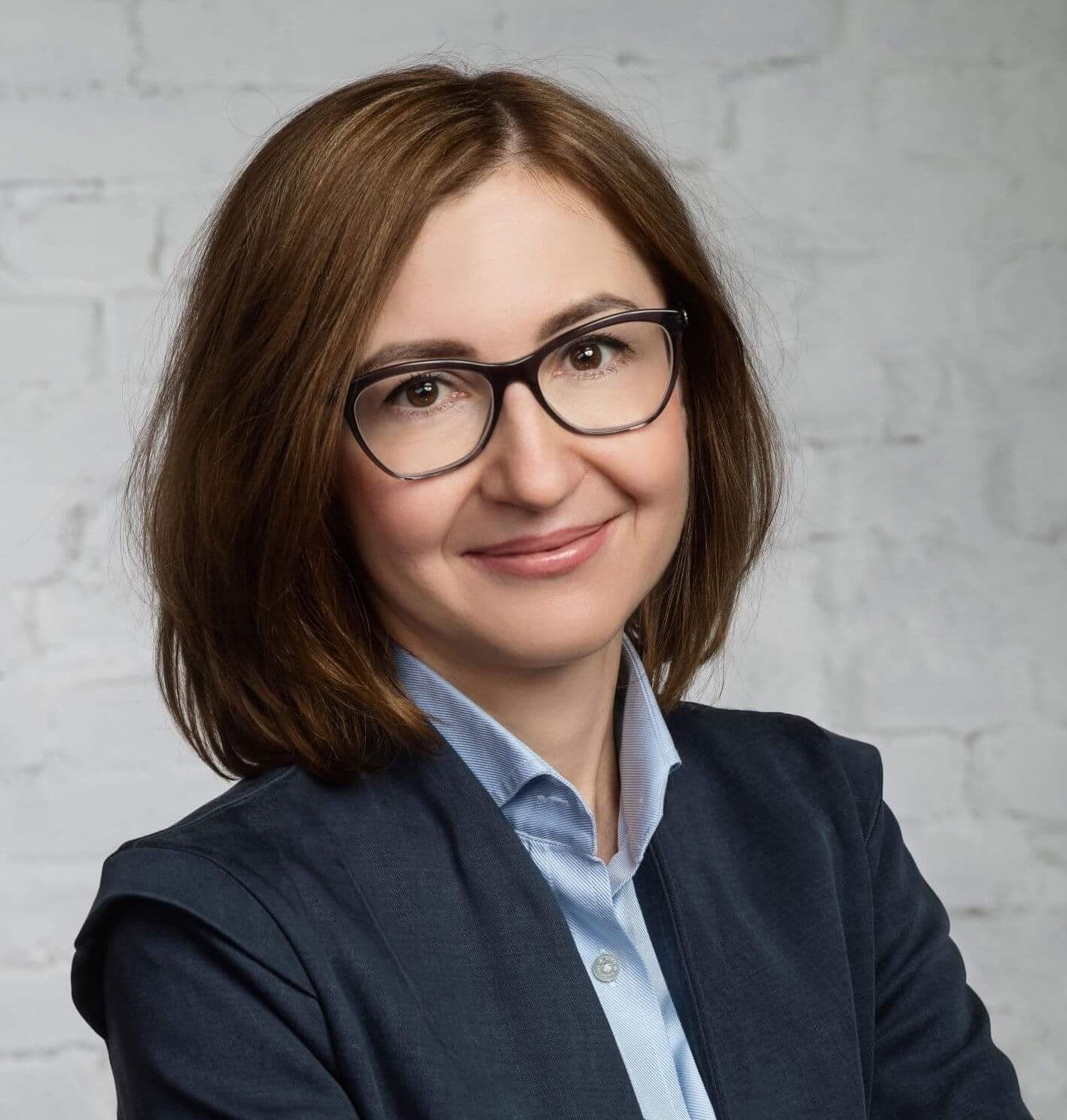
Ewa Debudaj-Krywult – Projet Manager
Ewa graduated with distinction from the Krakow University of Economics with a degree in finance and banking and from SWPS University of Humanities and Social Sciences with a degree in English studies. She also completed postgraduate studies in international trade at the Warsaw School of Economics, and in certified and legal translation at SWPS University. She developed her competencies during internships at the international corporation Wärsilä in Finland, the Ministry of Finance and the AIESEC organization (Curitiba, Brazil).
Ewa has many years of experience in leading national and international projects in the area of vocational education & training and research & innovation. She was responsible for coordination of numerous projects under the Leonardo da Vinci Program and the EQUAL Community Initiative, as well as for the implementation of projects within the 5th and 7th Framework Programs for Research and Technological Development, and the Horizon 2020 Program. Ewa was managing multi-million budgets financed from national schemes (including the Regional Excellence Initiative), Norwegian Financial Mechanisms and EU funds, and led consortia of research teams within the framework of bilateral and multilateral cooperation. She was also a speaker and juror at conferences and workshops on the promotion and implementation of EU programs.
Ewa is responsible for the administrative and financial management of the STONE-MASTERS project.
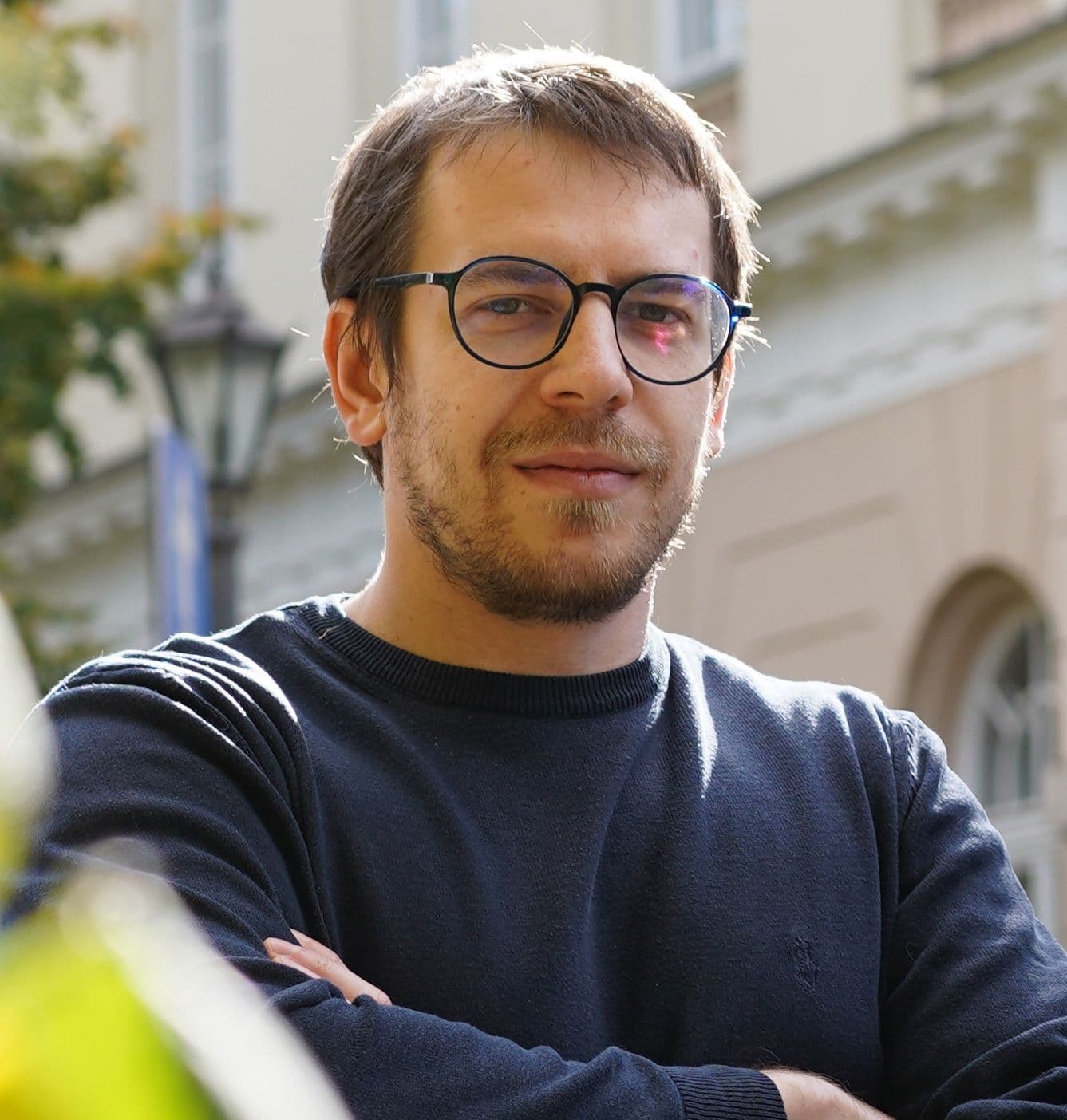
Maciej Krawczyk – Software Engineer
Maciej is a software engineer with background in archaeology. Thanks to his knowledge from both domains he specialized in research tools for humanities, especially history and archaeology.
He completed his master's degree in archaeology in 2014 at the Institute of Archaeology of University of Warsaw with master thesis about usage of virtual reality in archaeological research. In 2017 started working on research tools for Roman Bastards project. After that he worked for several research projects including Chamber Tombs Database, Marea Archaeological Project, Marmora Asiatica, Marmora Bizantina, Epidentity, Digital Archaeological Information System, Berenike Project, Osteology Database and Virtual Berenike.
Maciej is the IT expert responsible for the construction of the Digital Atlas of Workshops, and general IT support of the project.
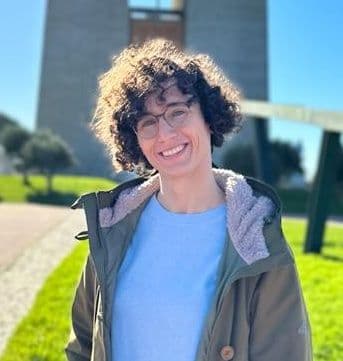
dr Lorena Pérez Yarza – Postdoc (West of the Empire)
Lorena is a specialist in the religious epigraphy of the western part of the Roman Empire, with a particular interest in the religious interaction of specific population groups. She graduated with distinctions in History at the University of Zaragoza, where she also completed her PhD in 2019. During her doctorate, she became part of the Hiberus Research Group and participated in the project Processes of Religious Acculturation in the Ancient World and Colonial America (ARMAAC). She later become a Jacobi fellow at the German Archaeological Institute (DAI) in Munich (2019) and finished the publication of her thesis (The Cult to Sol in the Western part of the Roman Empire), where she studied not only the evolution of the solar cult and other forms of solar worship but also the employment of solar image by the imperial power.
In recent years, Lorena has held a postdoctoral position at the Universidad Carlos III de Madrid (UC3M) working within the projects DEPHIS and RICO, which researched the ways in which gods were named during the Roman Empire and the historiographic trends of religious studies. In particular, she studied the dynamics of onomastic sequences in cross-cultural contexts and how dedicators tended to conceptualise the divine in inscriptions. She is the scientist editor of the online database DEpHis (Divine Epithets in Hispania) and has collaborated with the database of the ERC project MAP (Mapping Ancient Polytheisms) from the Université Toulouse – Jean Jaurès. Lorena has carried out research stays at the University of Oxford, La Sapienza of Rome, the Institute of Classical Studies of London, the Université Toulouse and the Westfälische Wilhelms-Universität of Münster. She has also participated in archaeological excavations at sites such as Kardamena (Kos, Greece) or Labitolosa (Graus, Spain).
Lorena is responsible for gathering the epigraphical data from the Western part of the Later Roman Empire, bundling the meaningful evidence into specific styles, attributing them to workshops or artisans and inputting the data into the Digital Atlas of Workshops in Epigraphy (DAWE).
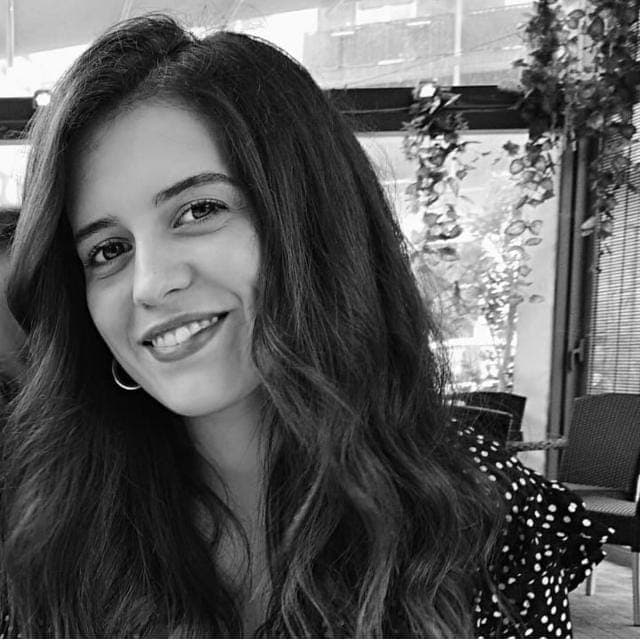
dr Marina Bastero Acha – Postdoc (West of the Empire)
Marina is a historian and epigraphist, she is a specialist in Hispano-Roman religious epigraphy, with a special focus on evergetic practices. She graduated in History at the University of the Basque Country in 2016, she completed a Master's degree in Interdisciplinary Gender Studies at the University of Salamanca and a second Master's degree in the Classical World at the University of the Basque Country, where she established the basis for her doctoral thesis.
She holds a PhD, supported by a Basque Government fellowship, from the University of the Basque Country (2023) with a thesis entitled “Religious Evergetism in Roman Hispania (1st century BC - 3rd century AD)”. During her doctoral thesis, through an interdisciplinary research, she has carried out the composition of an unpublished epigraphic corpus and the elaboration of a historical study of it. She has dealt with Roman Epigraphy, archaeological information, study of epigraphic terminology and understanding of evergetic behaviour in the social, economic and, above all, religious spheres. During her PhD, she was part of the SPCUR Research Group and SubTERRA Research Group. Simultaneously, she participated in the project ʺLa construcción política de Hispania Citerior en el Alto Imperio romano: las formas de organización cívica y no cívica de la poblaciónʺ. In addition, she has done several research stays at the CIL II Centre at the University of Alcalá de Henares, at the Université Toulouse - Jean Jaurès (TRACES Research Group), at the Università degli Studi di Verona (Department of Culture and Civilisation) and at the Uniwersytet Łódzki (PROM-NAWA programme). Moreover, she has had the opportunity to take training courses that have allowed her to specialise in the application of new technologies in epigraphic studies, from the mapping system (GIS) to the use of programmes such as Blender or Agisoft Metashape. This training has given her a global vision of epigraphic sources, which she will continue to develop throughout this project.
Marina is responsible for gathering the epigraphical data from the Western Later Roman Empire, as well as for filtering the meaningful evidence and inputting it into the Digital Atlas of Workshops in Epigraphy (DAWE).
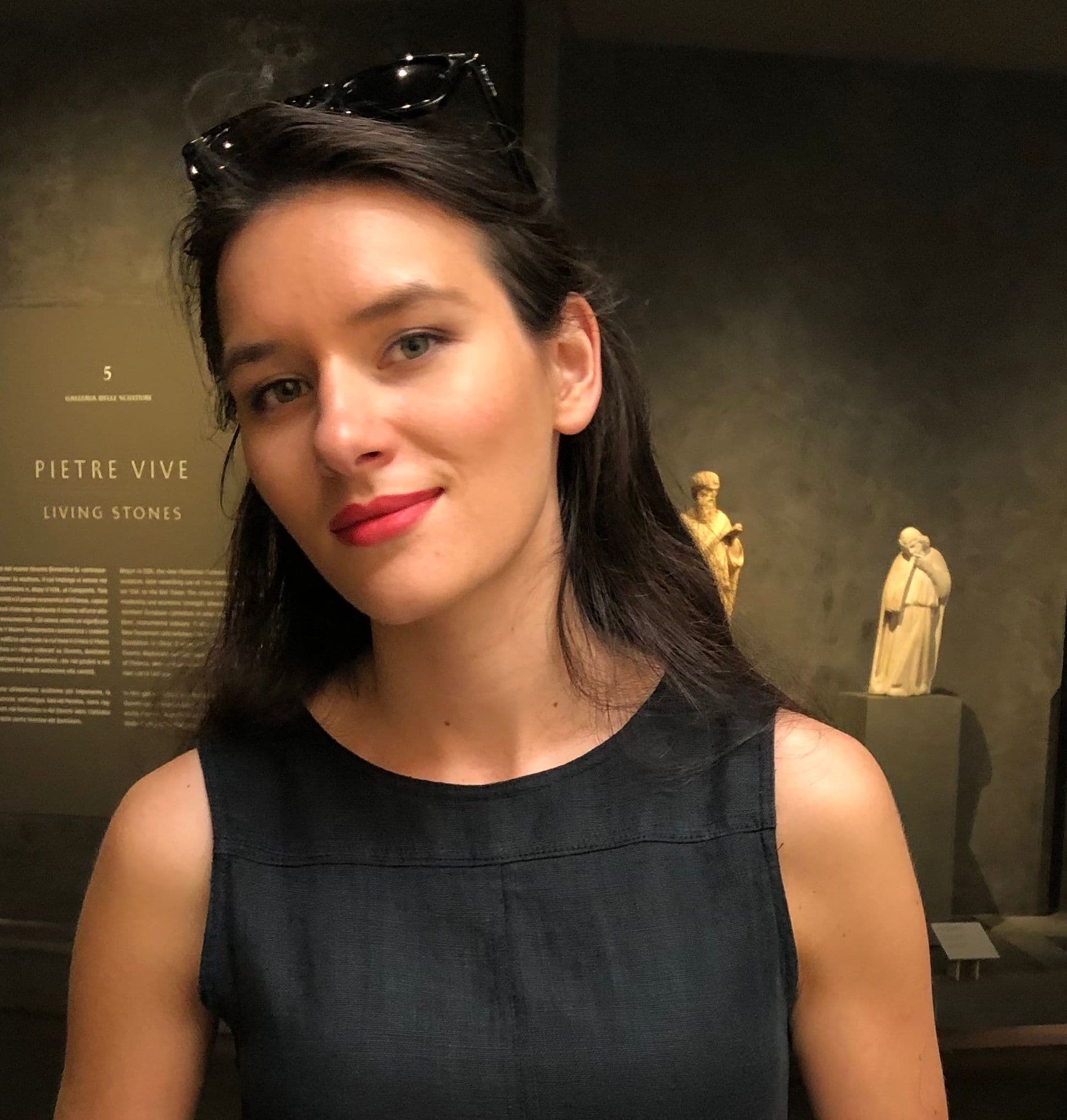
Julia Borczyńska – Predoc (West of the Empire)
Julia Borczyńska – is a historian of the late antique period. Her research interests oscillate broadly around the ancient history and topography of the city of Rome, history of art, Paleochristian architecture and epigraphy. She tries to connect all of these with an interest in the great phenomena of Late Antiquity – the cult of saints, as well as the changes that occurred in the mentality of the late antique society, and thus in urban space, culture and art.
She graduated in history at the University of Warsaw in 2021, with an MA thesis titled: “The role of the bishops of Rome in the first phase of the Arian controversy” (supervisor: Prof. Dr. Adam Ziółkowski). Since 2021 she has been a doctoral student within the Doctoral School of Humanities at the University of Warsaw in the discipline of history. Her doctoral dissertation pertains to the reception of verse poetry of Pope Damasus in the context of the monumentalization of places of worship in Rome between the fourth and sixth century.
During her doctoral studies she participated in a summer school at the British School at Rome (as part of a course in Roman epigraphy, July 2021), and completed several library research stays: at the University of Cologne and Bonn Center for Dependency and Slavery Studies (May 2022), and at the University of Oxford (February 2023).
In the STONE-MASTERS project Julia is responsible for the study of Latin inscriptions from the Western Later Roman Empire, especially Italy and North Africa, and inputting the evidence into the Digital Atlas of Workshops in Epigraphy (DAWE).
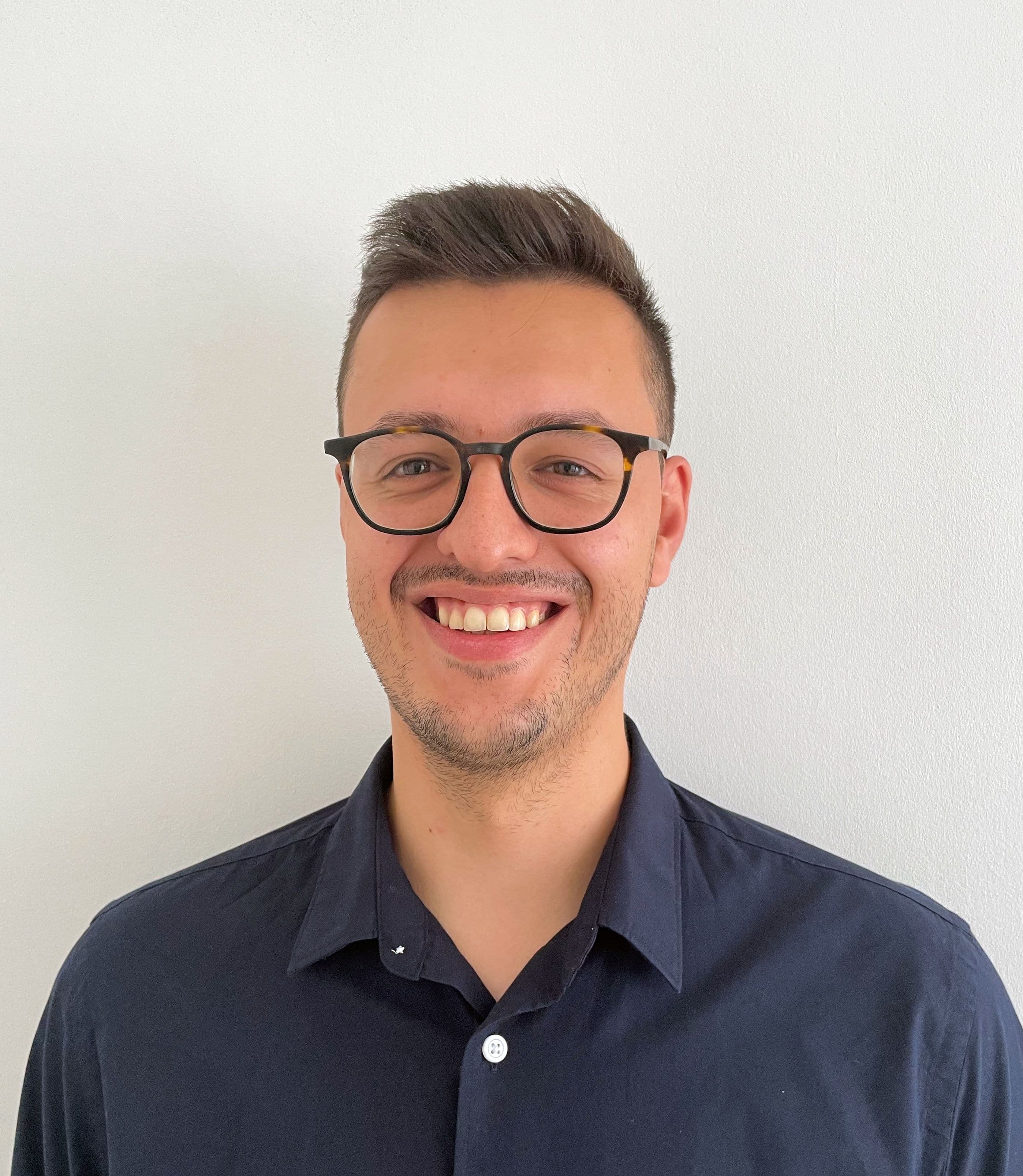
Andrés Rea – Predoc (East of the Empire)
Andrés Rea is an Ancient historian and archaeologist with a specialization in the epigraphical culture of Asia Minor. He is interested in exploring daily life in antiquity in all its different facets, as well as in the rise and spread of Christianity. He graduated in 2020 from a Master’s degree in Ancient History at KU Leuven. During this study, he received papyrological and epigraphical training, which he used to examine the social-economic status of musicians in Graeco-Roman Egypt (supervisor: Prof. dr. Katelijn Vandorpe).
His second Master’s degree in Archaeology (KU Leuven) allowed Andrés to gain an insight in how epigraphical sources can be approached through an archaeological lens. This approach sparked his interest in the spatial dynamics of epigraphy in the ancient city. Andrés graduated in 2023 from this Master’s degree with an MA thesis about graffiti culture in the late antique city of Sagalassos (SW Turkey) (supervisor: Prof. dr. Jeroen Poblome; co-supervisor: Prof. dr. Peter Talloen). He participated in the 2023 research campaign in Sagalassos, where he conducted a graffiti survey in the ancient city center. He also gained experience with recording epigraphical sources using modern recording techniques such as Photogrammetry and Reflectance Transformation Imaging (RTI).
Between October 2023 and January 2025 Andrés was a full-time research assisstant in the STONE-MASTERS project, responsible for the gathering and study of Greek late inscriptions from the Eastern Roman Empire and inputting them into the Digital Atlas of Workshops in Epigraphy (DAWE).
From March 2025, Andrés has been an affilated non-stipendiary fellow as he started a doctoral programme at the Univeristy of Ghent. He still participates in some project activities.

dr Timo Eichhorn – Research Assistant (East of the Empire) & Data Manager
Timo Eichhorn is a Latin philologist and epigraphist with a particular focus on Latin verse inscriptions (Carmina Latina Epigraphica). He earned his degree in Latin Philology and the Archaeology of the Roman Provinces from the University of Cologne (Germany) in 2020. Between 2017 and 2021, he worked as a research assistant to Prof. Jan-Felix Gaertner in the University’s Department of Classics and to Prof. Werner Eck at the Corpus Inscriptionum Iudaeae Palaestinae (CIIP).
In 2021, he joined the CARMEN project (“Communal Art – Reconceptualising Metrical Epigraphy Network”) as an Early Stage Researcher and doctoral student. The project, which was headed by Prof. Marietta Horster, sought to explore poetry in the epigraphic tradition of the Roman Empire. His PhD thesis, written at the University La Sapienza in Rome and supervised by Prof. Gian Luca Gregori, Prof. Concepción Fernández Martínez and Dr. María Limón Belén, focused on the critical edition and analysis of a selection of Latin funerary inscriptions composed in elegiac metre. Beyond the philological, linguistic and prosodic-metrical aspects of these texts, he also examined their archaeological, epigraphic, palaeographic and onomastic dimensions. He completed his PhD in 2024. Throughout his doctoral studies, he participated in numerous workshops, seminars and conferences organised by the CARMEN network. Among others, he received training in EpiDoc, completed a two-month internship in Digital Humanities at the Ausonius Institute (University of Bordeaux) and undertook an extended field trip to archaeological sites in Tunisia.
Timo is responsible for curating data for the Digital Atlas of Workshops in Epigraphy (DAWE), both by processing, cleaning, and inputting datasets collected by other project members and by independently gathering epigraphic data from the Eastern Later Roman Empire. In this role, he also collaborates on the development and stability of the DAWE database.
Timo joined the project in May 2025.

Dr Martyna Świerk – Research Assistant (prosopography of artisans, mosaic workshops) & Data Manager
Martyna is a historian and epigraphist whose research focuses on the epigraphic cultures of the western part of the Roman Empire, particularly the provinces of North Africa, with a special emphasis on the social role of inscriptions.
She is a graduate of the University of Wrocław, where in 2023 she earned her PhD with distinction for a dissertation that offered an epigraphic study of the society of Roman Carthage. After obtaining her doctorate, she joined the University of Warsaw as a postdoctoral researcher in the project “Epigraphy and Identity in the Early Byzantine Near East” (NCN Sonata 15 Grant, Poland, 2019/35/D/HS3/01872). Her responsibilities included studying the functions of Aramaic inscriptions in the sacred spaces of Roman Palestine, managing the project’s database (EpIdentity), and editing epigraphic data in the EpiDoc format.She is also a member of the research team for the project “Epigraphic Culture in the Eastern Mediterranean and the Middle East: Status, Display, Democracy, and Identity” (NCN Maestro 13 Grant, Poland, 2021/42/A/HS3/0042), where she investigates the epigraphic cultures of selected cities (Mylasa, Halikarnassos) in Asia Minor. Martyna has carried out research stays at La Sapienza University of Rome, the University of Bologna, and the Deutsches Archäologisches Institut in Berlin. She has also participated in archaeological excavations at the site of Nea Paphos in Cyprus. In 2024, as a recipient of the Foundation for Polish Science’s START Fellowship, she completed a fellowship at the University of Oxford.
Within the STONE-MASTERS project, Martyna conducts prosopographical studies on craftspeople. She is also responsible for collecting data on mosaics and inputting it into the Digital Atlas of Workshops in Epigraphy (DAWE).
Martyna joined the project in October 2025.
